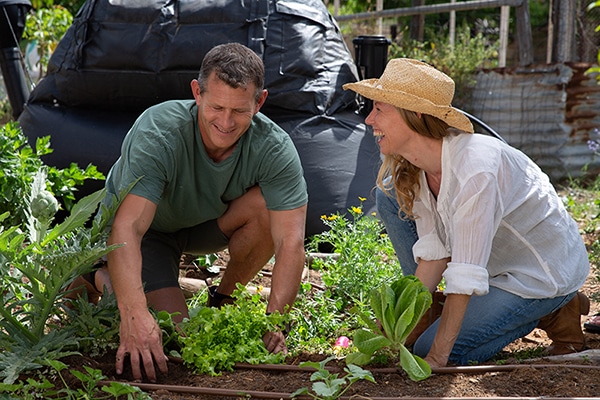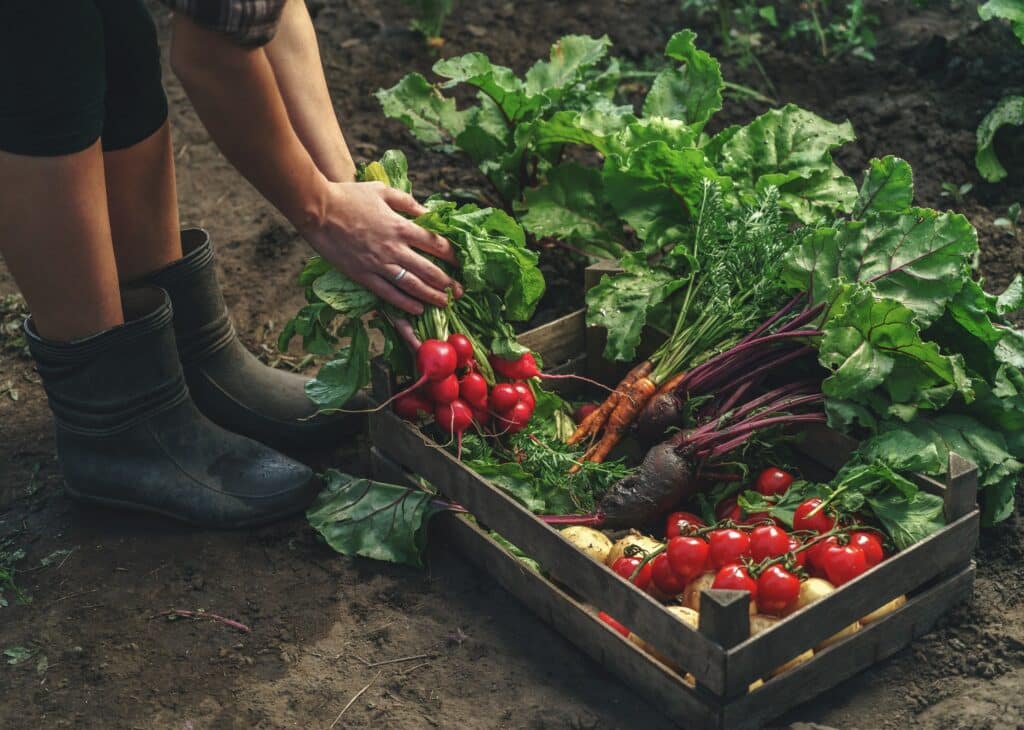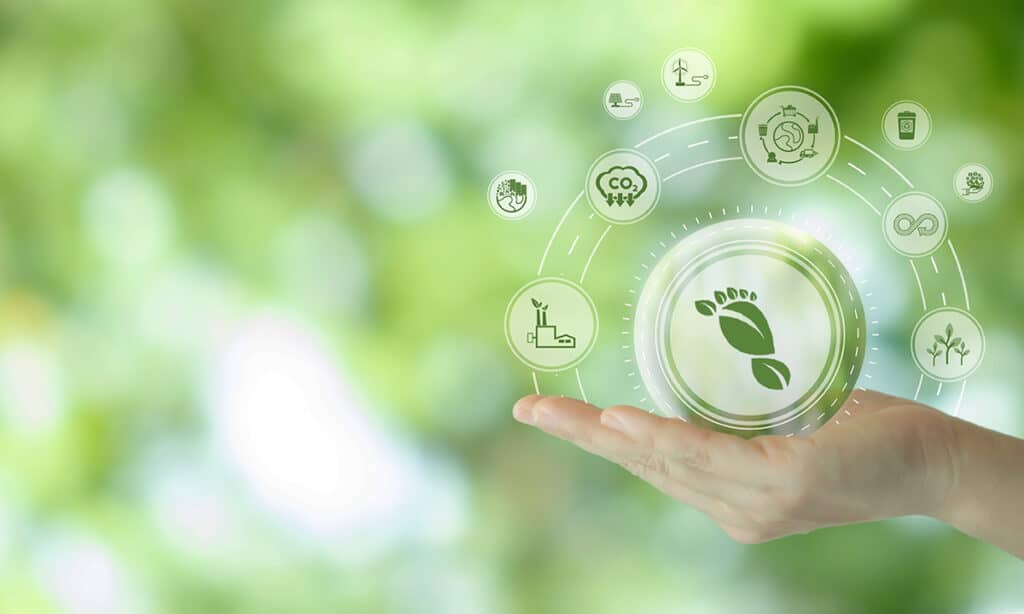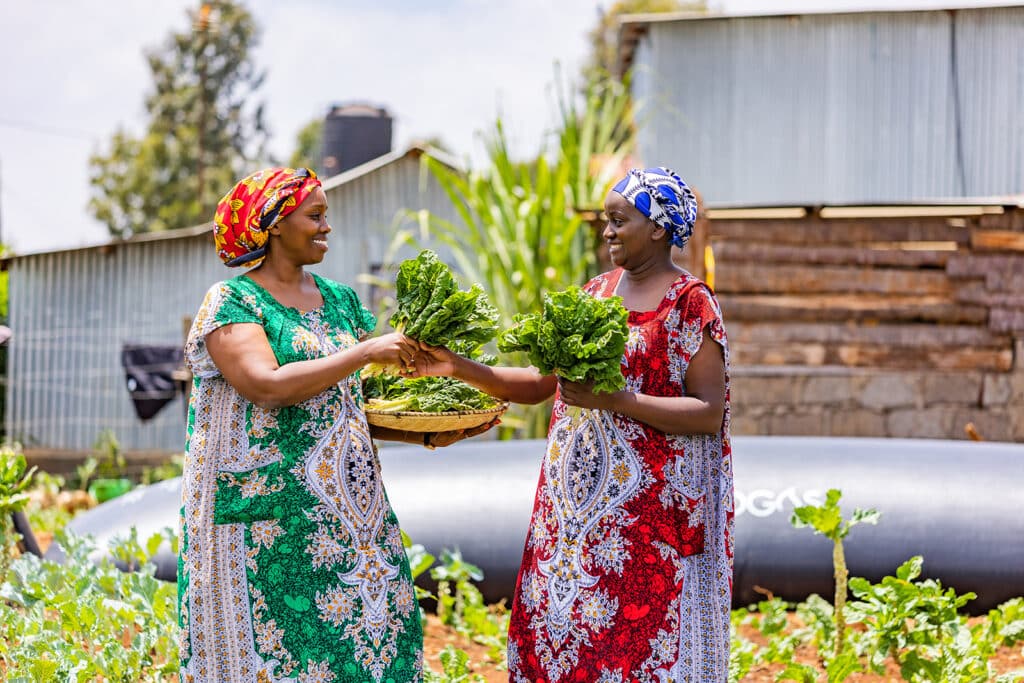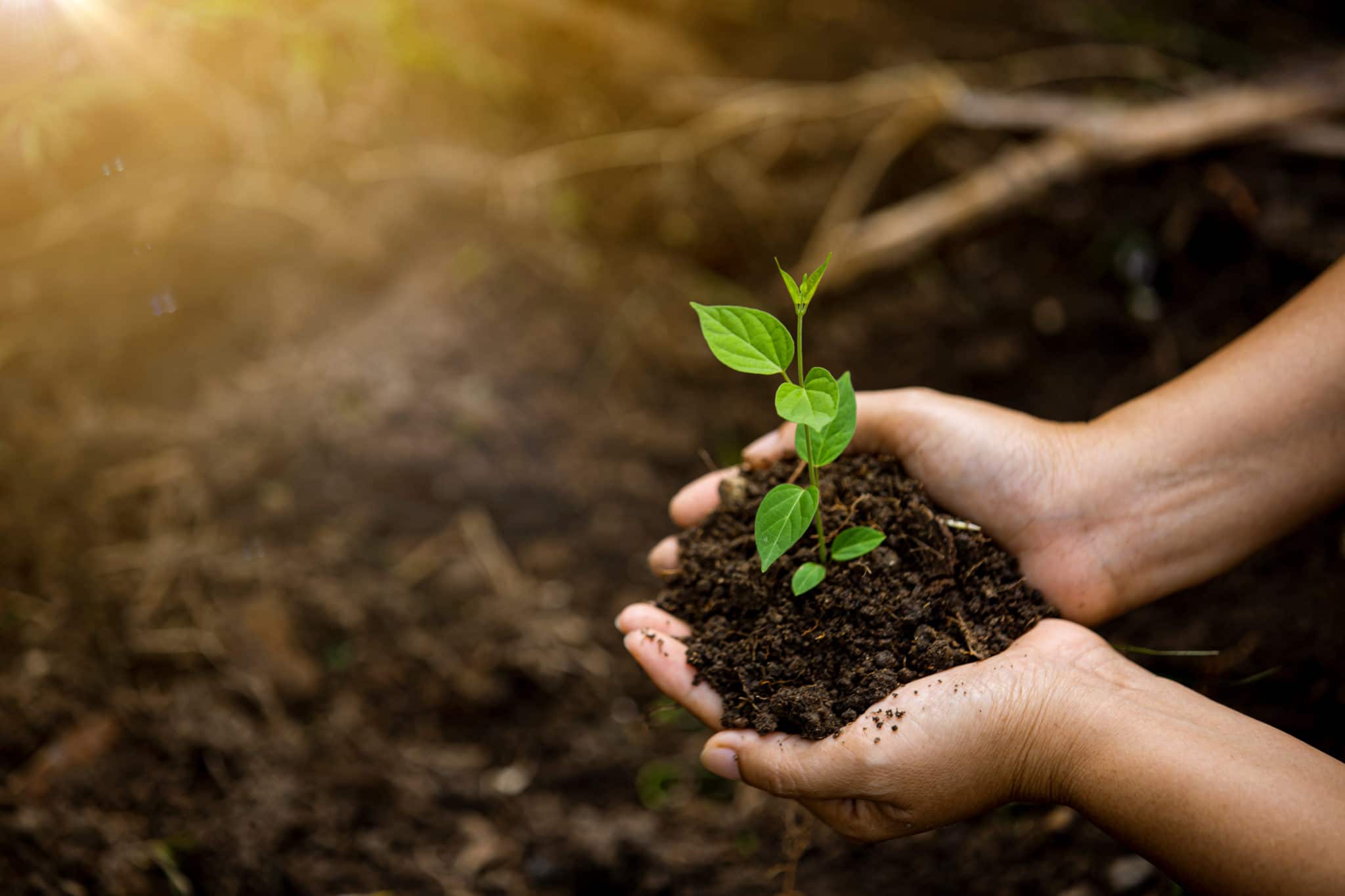
Where Does Your Food Come From?
Fruits and vegetables can be bright, colorful and downright beautiful. Walk into the produce aisle of a grocery store and an edible rainbow is right in front of your eyes, trimmed to perfection and ready to be taken home. Today’s modern and conventional grocery store provides us with produce that we usually quickly rinse under the tap before adding to a meal. Occasionally you may need to scrub some dirt off of a potato or put in a little extra elbow grease when preparing corn on the cob, serving as a vague reminder that you are indeed eating something that has grown from the earth.
For someone living in a city or anywhere in which they aren’t directly involved in the cultivation and growth of the produce they eat, it can sometimes slip our minds that our fruits and vegetables in fact originate in nature. Even for people who have their own gardens, the focus is so often on the appearance of the final product and on keeping pests away at all costs, that we forget about one of the key ingredients in growing tasty and nutritious fruits and vegetables — soil!
Why Soil Matters
Serving as another reminder of the importance of soil, December 5th is World Soil Day! According to the Food and Agriculture Organization of the United Nation, “World Soil Day (WSD) is held annually on 5 December as a means to focus attention on the importance of healthy soil and advocating for the sustainable management of soil resources.”
Too much human intervention, especially improper irrigation, can increase soil salinization (the occurrence of too much salt in soil), breaking down the soil and impairing its ability to grow healthy crops, making food security an issue. Soil salinization can have a devastating effect on the people relying on it, resulting in soil that cannot provide enough water and micronutrients for the crops growing from it, or properly filter out pollutants.
Spoil Your Soil With HomeBiogas
Although it may not be the prettiest thing in the garden, soil deserves a whole lot of attention.
While creating clean energy for use and cutting down on food waste sent to the landfill, HomeBiogas systems simultaneously produce bio-fertilizer. Taking the place of store bought fertilizer, the bio-fertilizer is an incredible by-product of biogas creation and can play a starring role in nourishing soil and growing healthy crops. In fact, filled with 14 essential nutrients, HomeBiogas bio-fertilizer has the ability to restore natural soil fertility and improve soil health, increasing crop yield by 20-30 percent.
While a HomeBiogas system can be a ‘no-brainer’ purchase for anyone looking to lead a sustainable life, even our most enthusiastic HomeBiogas users are often surprised by how much they appreciate the bio-fertilizer their biogas system creates. By minimizing their waste production and by creating clean, renewable biogas for use in their kitchen, HomeBiogas systems already serve multiple purposes. For anyone growing a garden, the nutrient-rich bio-fertilizer is just icing on the cake. Check out the wide variety of HomeBiogas systems and take another step toward protecting our environment and nourishing the soil!
